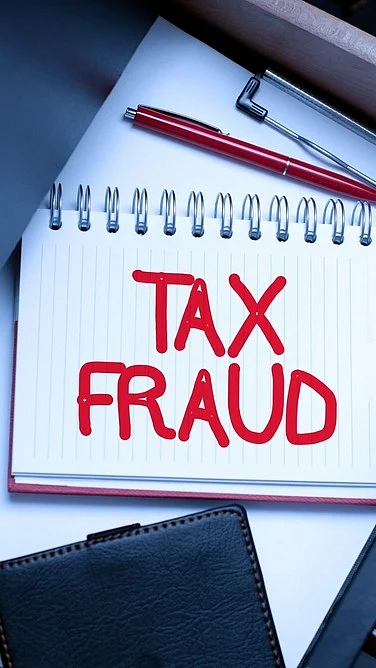The Income Tax (I-T) Department recently initiated an investigation into alleged tax evasion linked to unlisted share transactions during Offers for Sale (OFS), as per a report by the Economic Times. The probe targeted promoters, associates, and anchor investors suspected of inflating acquisition costs to minimise capital gains tax liabilities. Over the past fortnight, the department’s investigation wing issued notices to investors across multiple cities. This is supposed to scrutinise how they calculated the acquisition cost of pre-listed shares sold during OFS events. Authorities are investigating whether fair market value (FMV) was manipulated to artificially reduce taxable gains, the report added.
The department is also analysing the genuineness of funds involved in these transactions, raising concerns about potential benami deals or undisclosed cash exchanges, the report added.
Focus on Pre-2018 Transactions
The inquiry centres on investors who bought shares before February 1, 2018, in companies listed between early 2018 and July 2024. This came after amendments in the FY25 budget, which revised acquisition cost calculations retrospectively, the report added.
Tax officials said that while some investors have settled dues or amended returns, others face reassessments. “The department is evaluating compliance with capital gains reporting under the amended law,” a senior official stated, as quoted by ET.
Methodology Under Scrutiny
Investors who depended on actual subscription costs or indexed adjustments aligned with inflation may avoid penalties. However, those using valuer-determined FMV to justify inflated costs could face issues. As per the ET report, retrospective amendments complicate liability, as penalties typically cannot apply to past interpretations of ambiguous laws.
Funds’ Legitimacy in Question
The department is cross-verifying share allotment dates with Ministry of Corporate Affairs (MCA) records to confirm holding periods, which decide the tax rates. During the period of investigation, long-term gains were taxed at 10 per cent (later 12.5 per cent), while short-term gains faced 15 per cent (raised to 20 per cent).
Additionally, suspicions of cash-cheque arrangements, where investors use formal channels to buy shares but receive undeclared cash reimbursements have also arisen. “Such deals could indicate efforts to launder money or conceal unaccounted cash,” a source explained, as quoted by ET.











